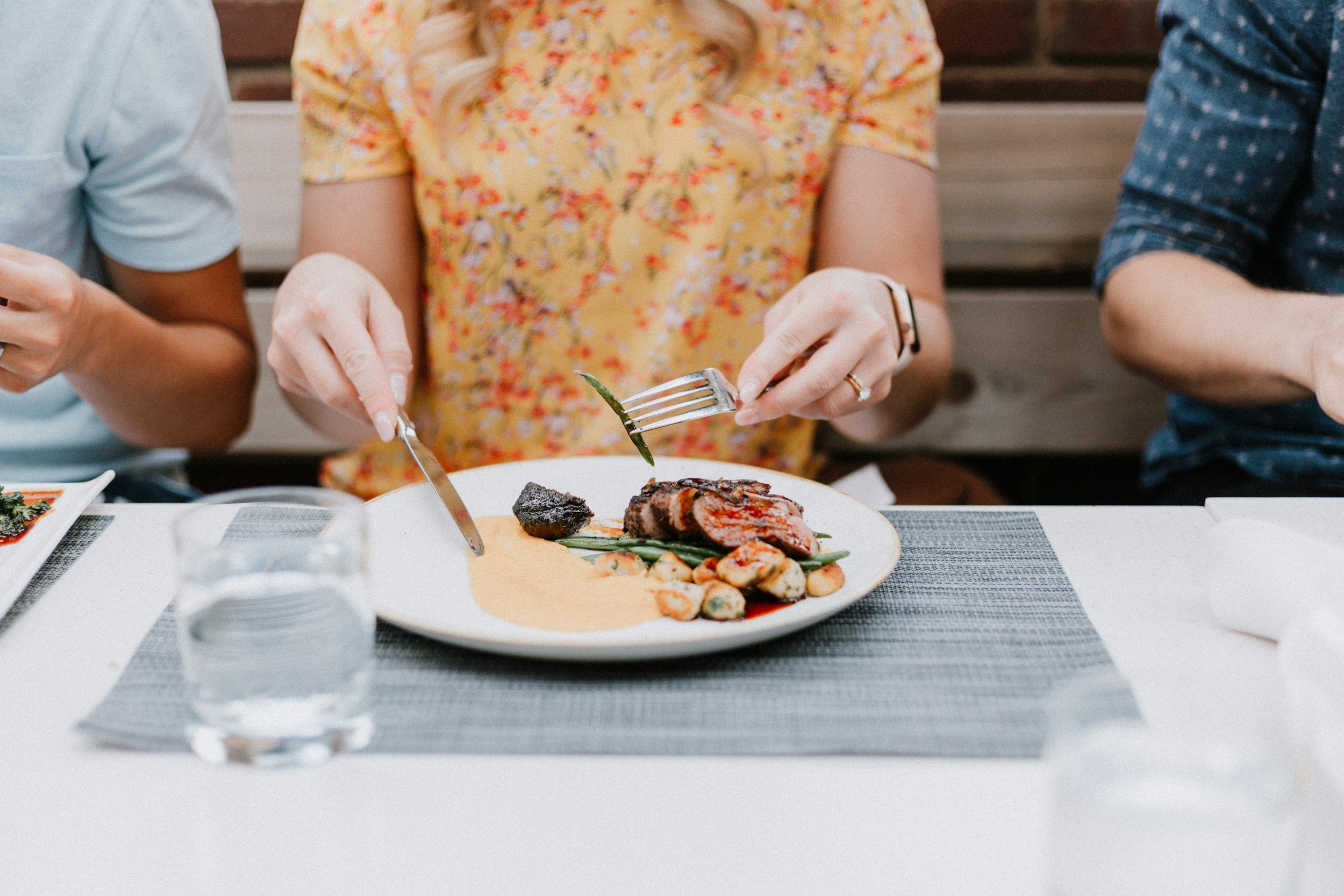3 Questions to Ask Before Hiring a Nutritionist If You Want a Non-Diet Approach
Finding a nutritionist who aligns with your values and supports a non-diet, weight-inclusive approach can be a game-changer for your relationship with food and body. If you’re looking for a professional who focuses on overall well-being rather than weight loss, it’s essential to ask the right questions before making a decision.
Here are three key questions to ask when considering a nutritionist to ensure they support a non-diet, intuitive eating, and Health at Every Size® (HAES®) framework.
1. Can You Describe Your Approach to Nutrition and Weight?
Before committing to a nutritionist, get a clear understanding of how they approach nutrition and weight. Look for red flags like calorie counting, portion control based on weight goals, or any promise of results tied to body size. Instead, seek responses that include:
✔ Non-diet language (e.g., "I focus on intuitive eating and sustainable well-being.")
✔ Weight-inclusive principles (e.g., "I don’t use weight as a marker of health and instead focus on behaviors that support your body.")
✔ Personalized care beyond weight loss (e.g., "My goal is to help you feel at peace with food, empower you with neutral nutrition education, and trust your body’s cues.")
🚩 Red flag: A nutritionist who focuses on weight loss as the primary measure of success, even if they say they’re “non-diet.”
✅ Green flag: A nutritionist who emphasizes sustainable habits, intuitive eating, and well-being beyond weight.
2. How Do You Integrate Body Positivity and Health at Every Size (HAES) Principles Into Your Practice?
The HAES® framework shifts the focus from weight to overall well-being, advocating for respectful, evidence-based care for people of all body sizes. If body positivity and inclusivity are important to you, ask how the nutritionist applies these principles in their work.
Some ways they might integrate HAES® and body positivity include:
✔ Weight-neutral care – They don’t prescribe diets or focus on weight loss.
✔ Body trust and respect – They help clients tune into hunger/fullness cues and honor their bodies.
✔ Compassionate support – They acknowledge societal weight stigma and work to create a safe, shame-free space
🚩 Red flag: A nutritionist who claims to support HAES® but still promotes weight loss or "lifestyle changes" tied to shrinking your body.
✅ Green flag: A nutritionist who values health-promoting behaviors over weight loss and respects body diversity.
3. How Do You Support Clients in Building a Healthy Relationship with Food Beyond Nutritional Guidelines?
A true non-diet nutritionist helps you move beyond rigid food rules and develop a sustainable, flexible approach to eating. Instead of focusing solely on what to eat, they should emphasize how to build a positive relationship with food.
Ask how they:
✔ Help clients move away from diet rules and fear-based food choices
✔ Support intuitive eating, mindful eating, and self-trust
✔ Address emotional eating, food guilt, or past dieting trauma
🚩 Red flag: A nutritionist who still assigns "macro goals" or subtly promotes restrictive eating under the guise of “balance.”
✅ Green flag: A nutritionist who supports food neutrality, intuitive eating, and flexibility with food choices.
Finding the Right Nutritionist for You
The right nutritionist will empower you to build a sustainable relationship with food and your body—without restriction, guilt, or pressure to lose weight. By asking these three key questions, you’ll gain clarity on whether their philosophy aligns with your non-diet values and long-term well-being.
If you're looking for compassionate, weight-inclusive nutrition support, book a discovery session to learn how non-diet nutrition counseling can help you break free from diet culture and reconnect with food and body trust.


